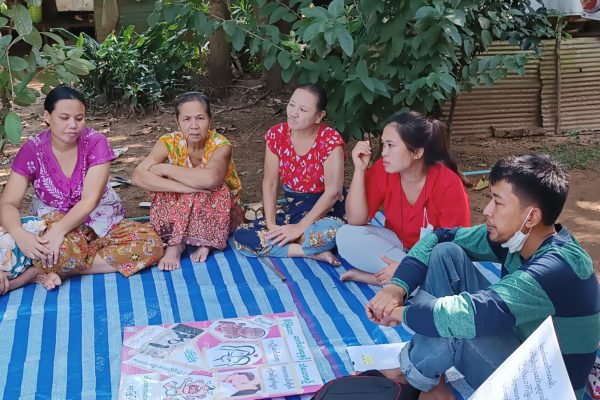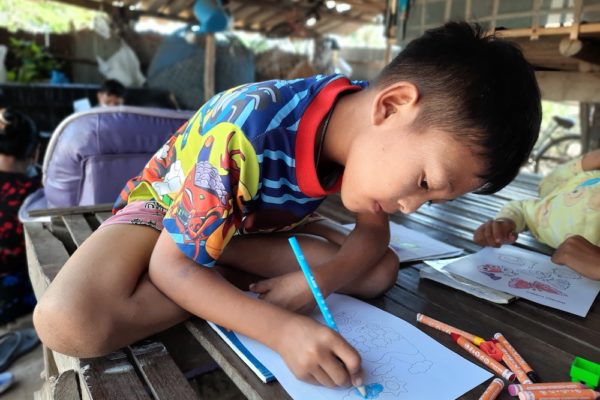Family Education Reduces Violence Against Children
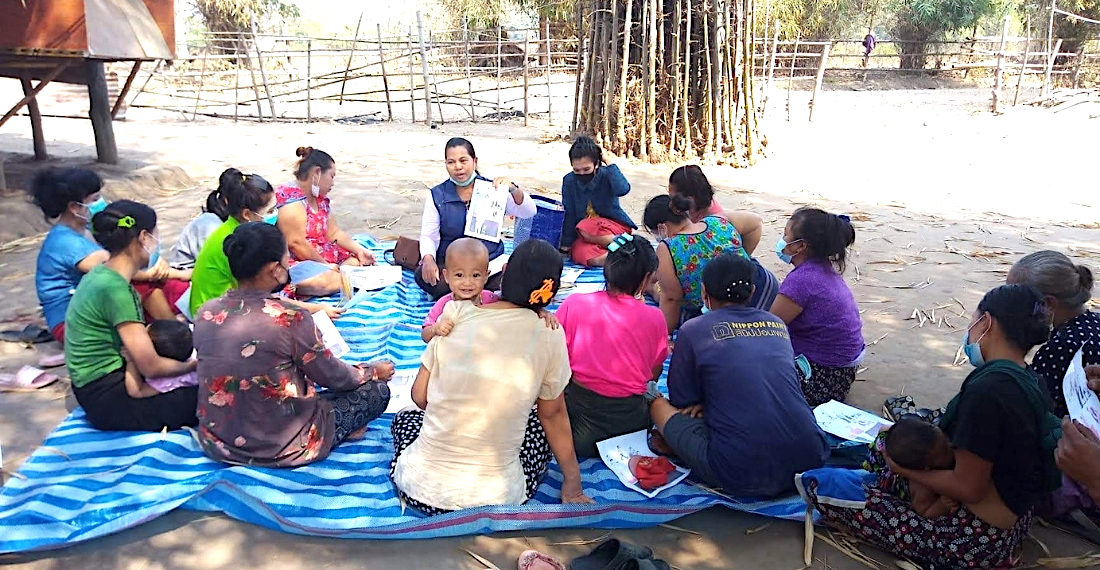
The culture here among the different migrant families is warm, hospitable, and many people want a big family with lots of children. But family life is often not warm at all. Violence is so common in most of the families and communities that we deal with that few people know that anything different is possible. Husbands hit wives, wives hit husbands, parents hit children, children hit children. Casual violence is everywhere. Through our Family Education Program we help parents see and practice a different way to raise their children.
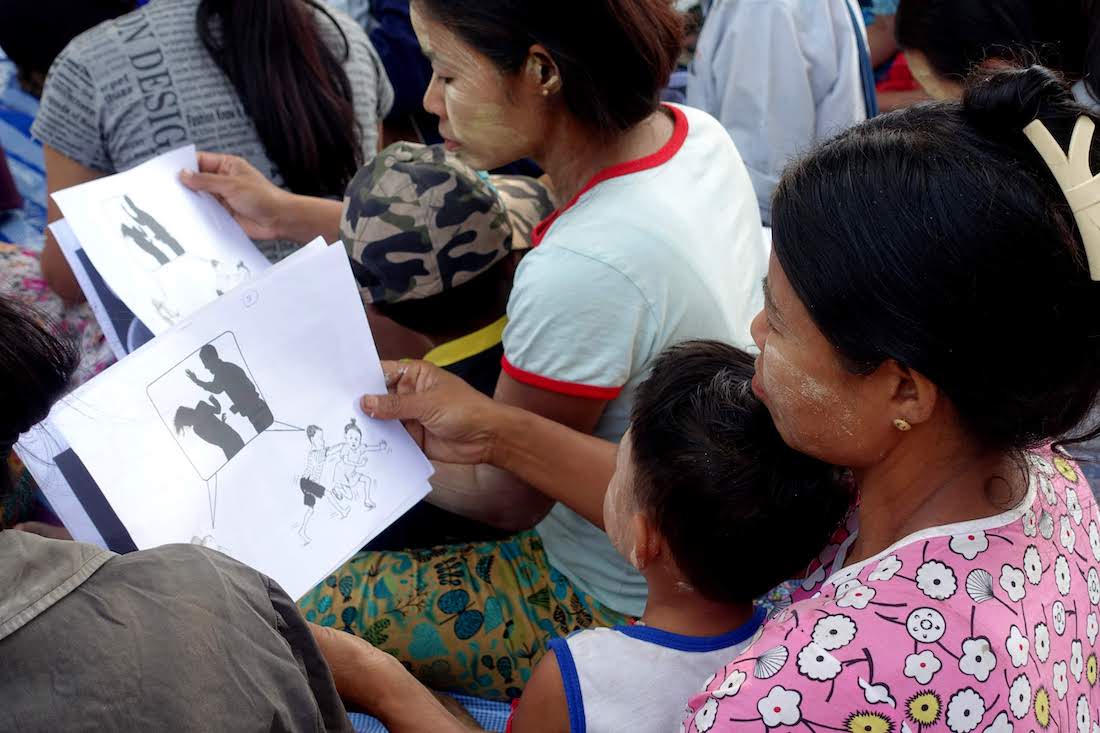
Zam, our former Family Education Coordinator reported that, “In every community we go into for the first time we see parents slapping, beating, and pinching their children when they cry or move! But we encourage them to let the children play instead. By week 3 we began to see the abusive behavior happen less and less and the children are more happy and enjoy being around. The parents all say, ‘We have stopped beating our kids. Now we ask them more questions. We try to answer their questions. We try to find answers for them and encourage them to learn and explore.’ Now they understand that even if they don’t have an education, or know everything, they can still support their children to learn, and get stronger in their mind. I’m really happy about that. It’s so much better.”
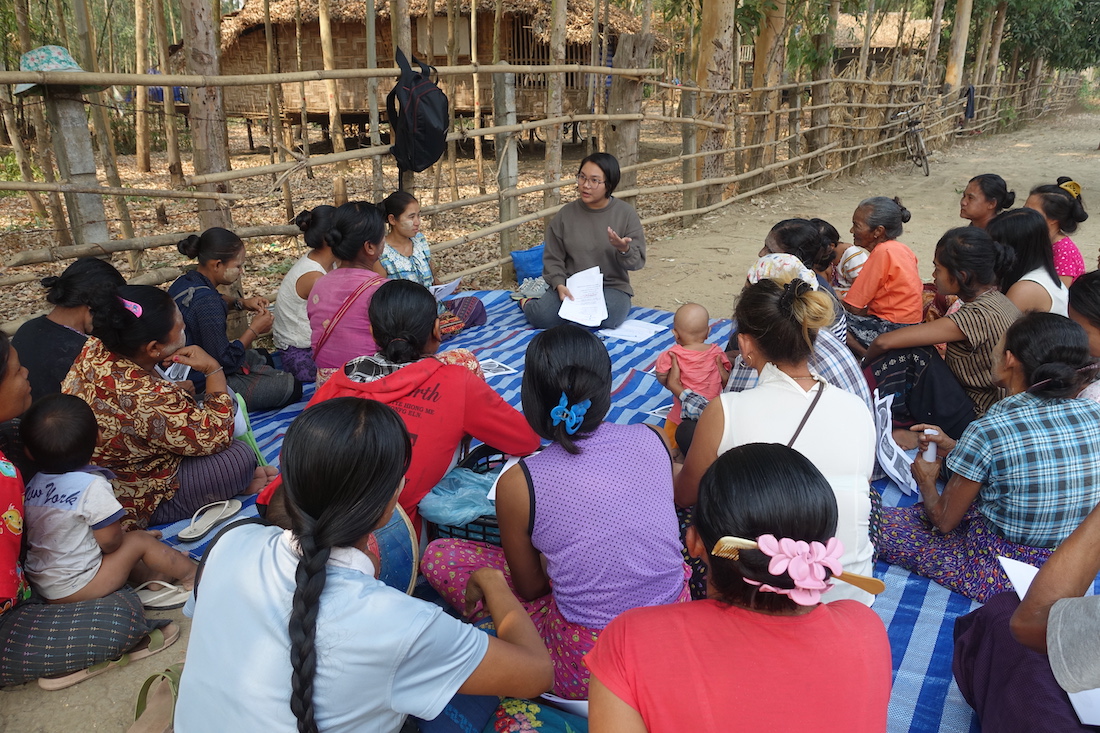
A subject that always comes up in our Early Childhood Development class is bed wetting. We talk about how the child can’t help it, and what parents can do to support them emotionally and make them feel less helpless and ashamed. One mother in our class came back and told us, “Whenever my son peed the bed I would beat him, a lot. I thought that if I punished him harshly he would stop doing it. After I came to the class and learned from you, I stopped beating him when he peed in the bed at night. I started to think about other ways to solve the problem, like not giving him as much to drink before bed.”
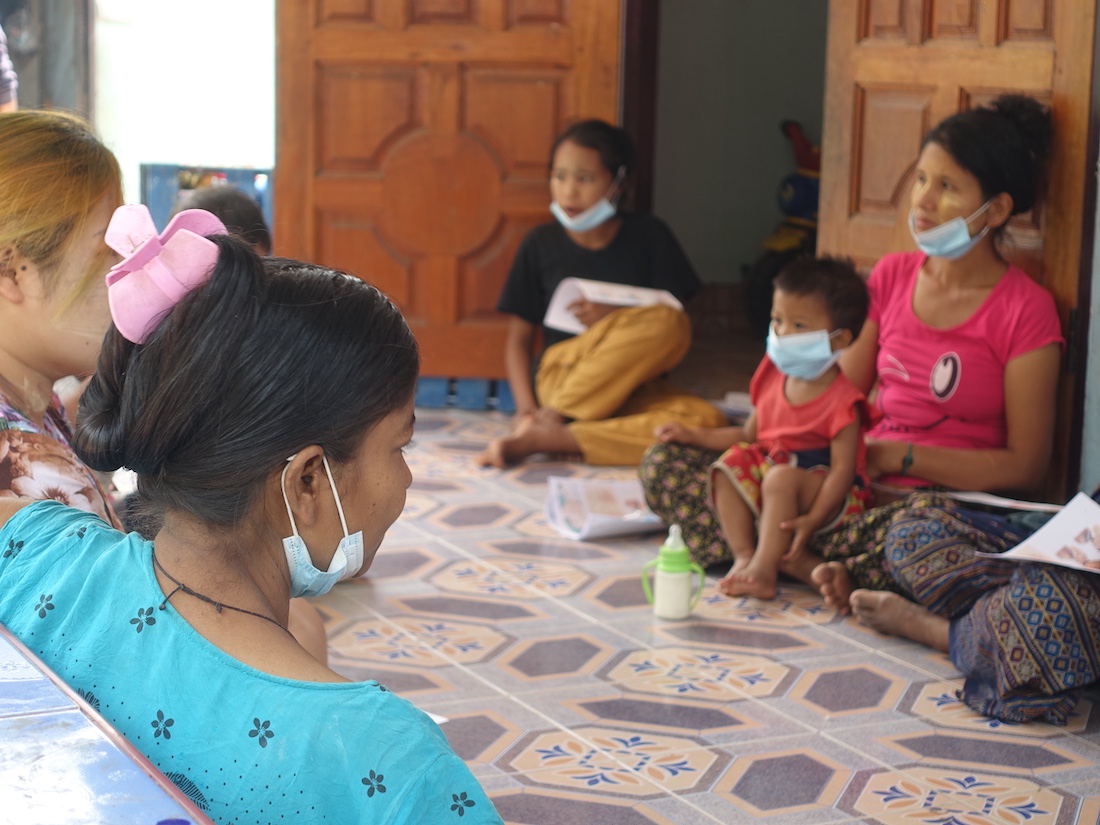
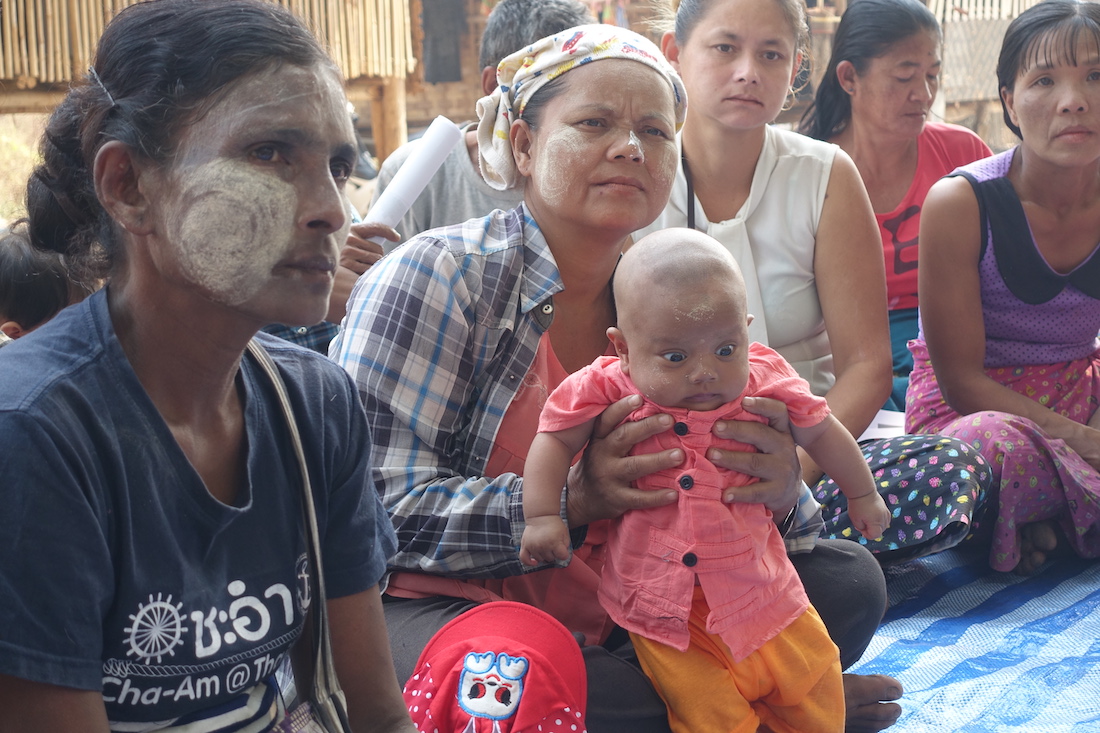
Another mother, Bennu*, told us that she has been ashamed of her 7 year old daughter who is partially blind, and mentally disabled. People would bully her and make fun of her. When Bennu got angry she would scold her daughter and beat her. After Bennu came to the Early Childhood Development class, she learned more than she ever knew before about children, and how their brains develop, and what they need. She learned how important it is to meet her daughter’s needs and make her feel safe and loved. Now she protects her daughter. She doesn’t let other people say mean things about her. She takes care of her and she isn’t ashamed of her anymore.
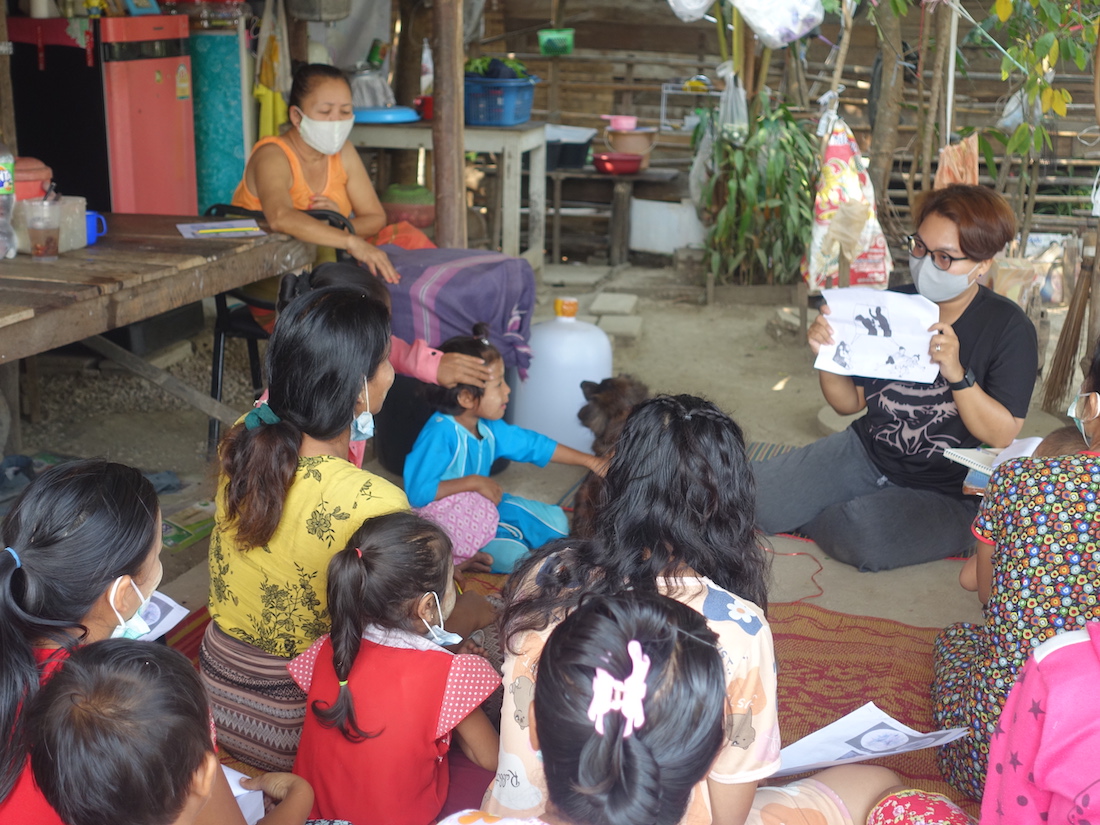
When we teach Early Childhood Development and Positive Parenting, it is usually the very first time parents have ever heard how damaging violence is to children, and how important they are to their child’s development. They have only ever seen violent and neglectful family dynamics. They think it’s normal to hit a child for making a mistake, because that’s what happened to them when they were children, and that’s what they see all around them.
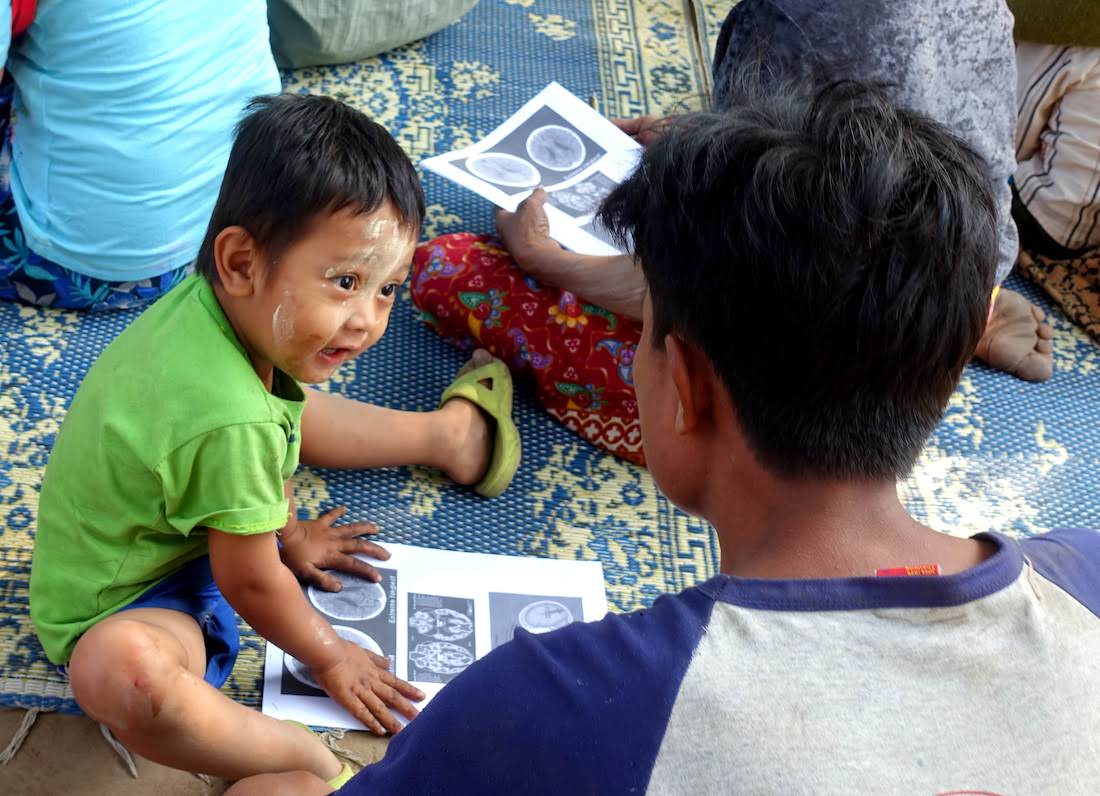
Before coming to our class they don’t know how much their children need them, their love, their protection, their attention and nurturing, in order to develop as they should. People come to tears in our class as they realize how different their own lives could have been if their parents knew who to nurture and protect them, and understand that it is possible to give their children a brighter future, simply by meeting their needs and establishing a strong trust relationship with them. When they go home and try it they see that it works, and their family grows stronger, closer and more loving.
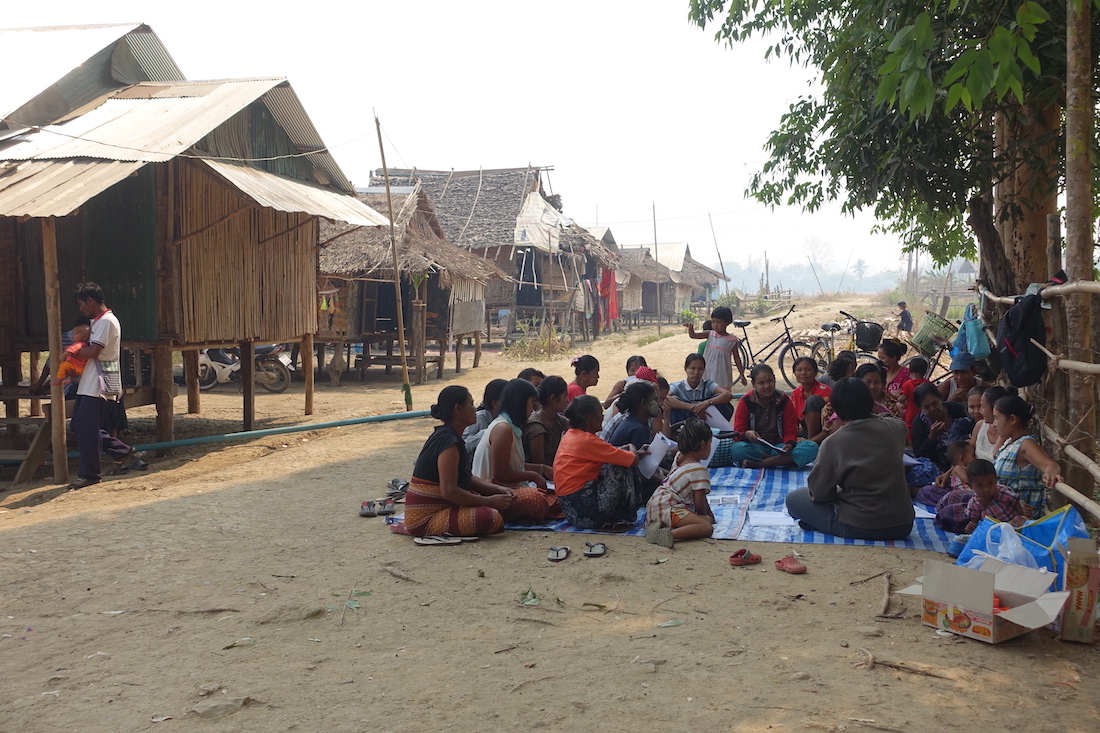
This is the small miracle that you are helping to make happen in these communities, where whole families change their way of relating and become safe places where children grow up strong.
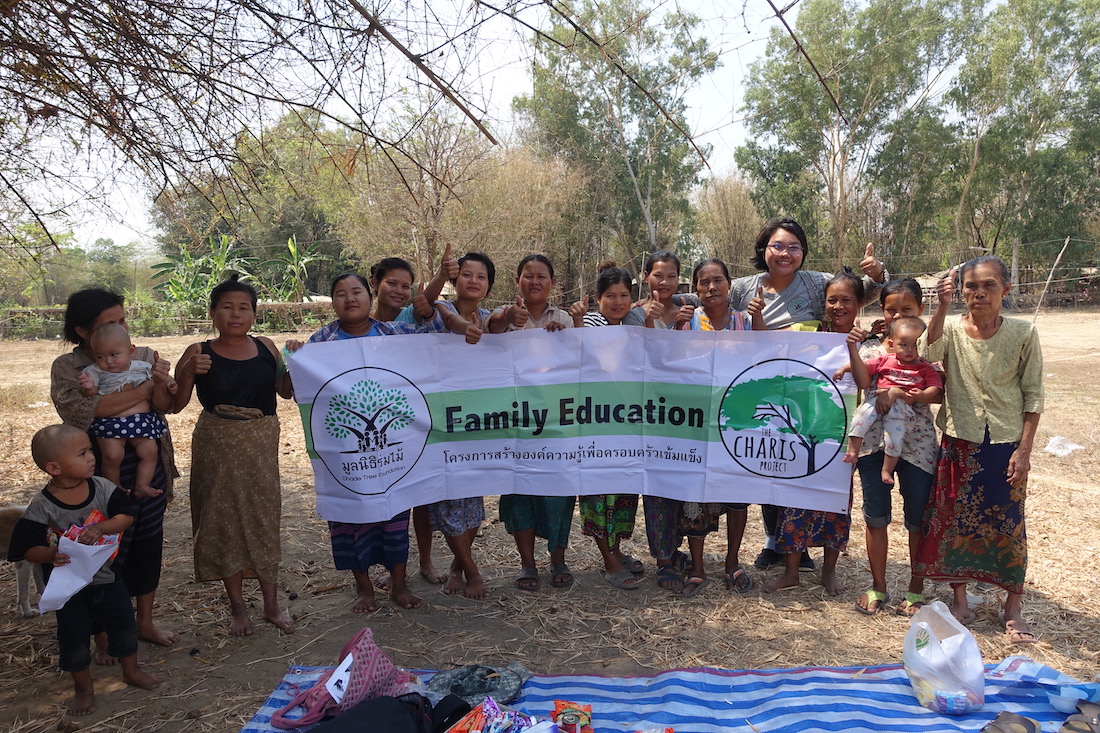
*Name changed to protect her identity.
Carrien is co-founder of The Charis Project, Family Education Curriculum Developer, and mom of 6.
You can get her free mini-course on Making Your Family More Resilient here.

